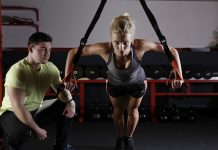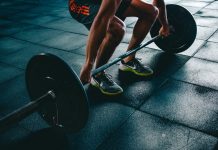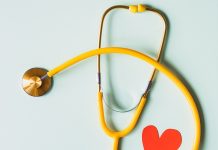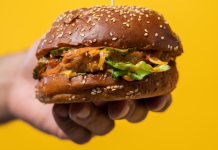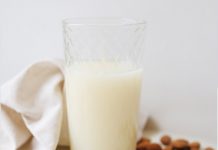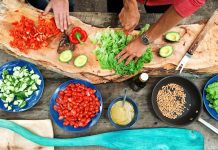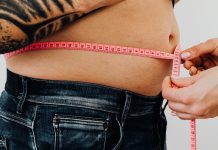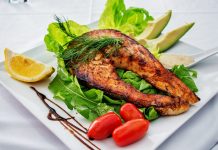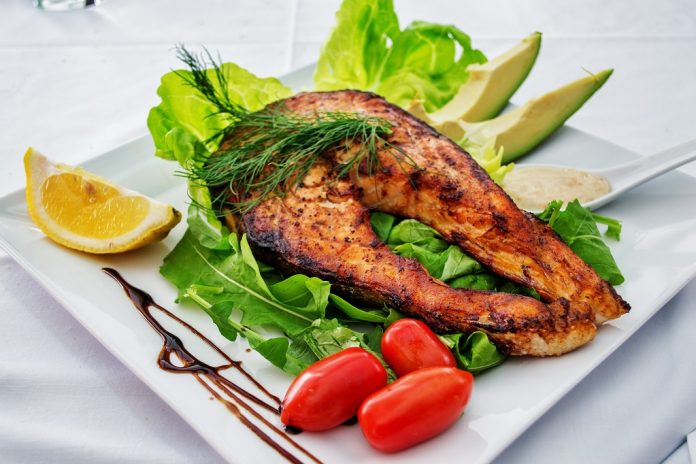What is a muscle building diet? For some, it may mean reducing their consumption of fatty foods to ensure a firm body figure. Others may say that it consists of a proper choice of foods to make sure you eat what you burn and have the raw material for your body to start repairing itself.
In this article, however, we will focus on the important nutritional strategy before and after the tedious fitness training that people do. People generally do not eat enough before extreme exercise and eat more than enough after training. This in turn will become an imbalance that will result in interruption of all your training efforts.
Basically, there should be about 1.5 hours or an hour and 30 minutes of preparation time before starting your workouts and the same amount of time observable after that workout. Because your training will last one hour, you will have a total of 4 hours to be considered your critical time. It is considered critical because it is during these hours that your body is most sensitive to its nutritional needs and where muscle utilization is highest.
In terms of eating before training begins, this preparation time basically consists of packing all the necessary carbohydrates your body needs for the stresses you are about to put into it. As one of the most important meals, eating before training should be done making sure your body can burn something during a stressful period of your gym hour. When your body has nothing to use for energy, your body responds naturally and quickly is to destroy the energy sources stored in your body. It might be better if you ate something before, so that there is no chemical conversion in your system.
Your nutritional intake before training does not have to be special. What you usually eat during a normal meal may be enough for your pre-exercise eating needs. However, it is important to observe the preparation time of 1.5. This means that meals should not be taken immediately before training. It is advisable to eat foods for about an hour or better, 1.5 hours before starting exercise. This will give your body enough time to destroy the foods you eat and use it for energy. No other unnecessary chemical conversion is required to operate your system.
A good selection of foods can include those that are considered complex proteins and carbohydrates, to ensure that your body receives energy during your workout. Simple carbohydrates, such as fruit juices, can also be eaten rather as a beverage to give the body some source of emergency nutrients when needed.
Let’s take a look at the ideal settings for pre- and post-exercise meals for health and wellness in addition to gym results .
Before your exercise
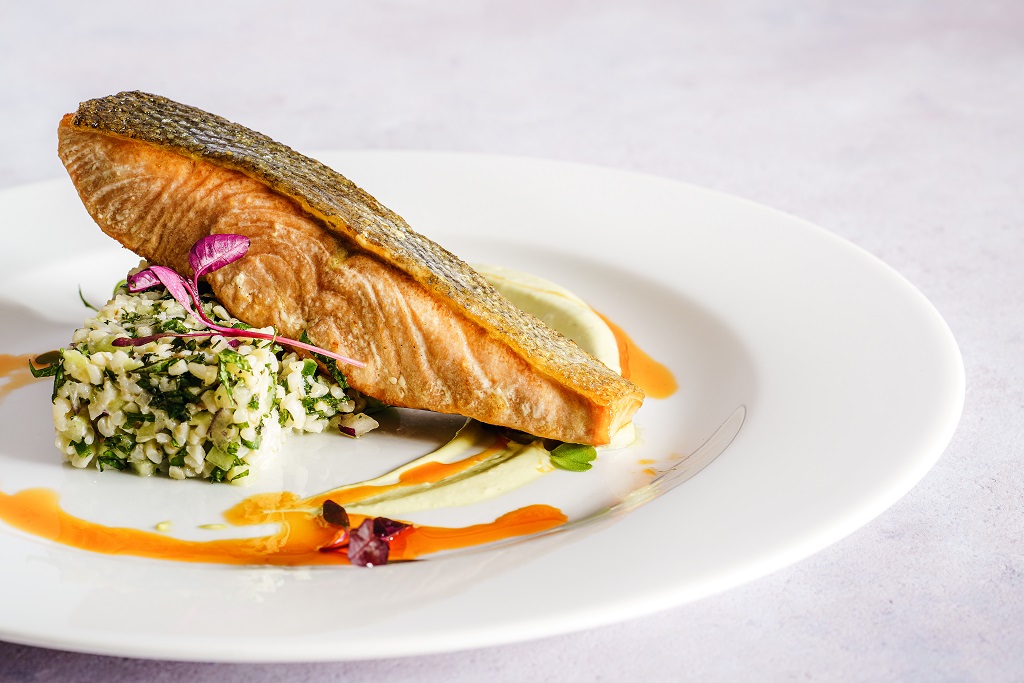
First you need to think about what to eat before your workout. Usually this meal should be eaten between 30-60 minutes before training, but depending on your food tolerance, it can happen sooner or later. Just make sure you don’t have cramps during your training because of this.
You want this food to be based primarily on protein and carbohydrates, with little or no fat. Fat will weigh only during your training, hindering your performance.
Look for sources of lean protein such as chicken, turkey, fish and egg white, along with complex carbohydrates such as oats, sweet potatoes, brown rice or quinoa.
Try to stay away from sugary carbohydrates as they can provide fast energy, but they will cause your blood sugar to drop in the middle of the session, which will make you weak and possibly dizzy.
After your exercise
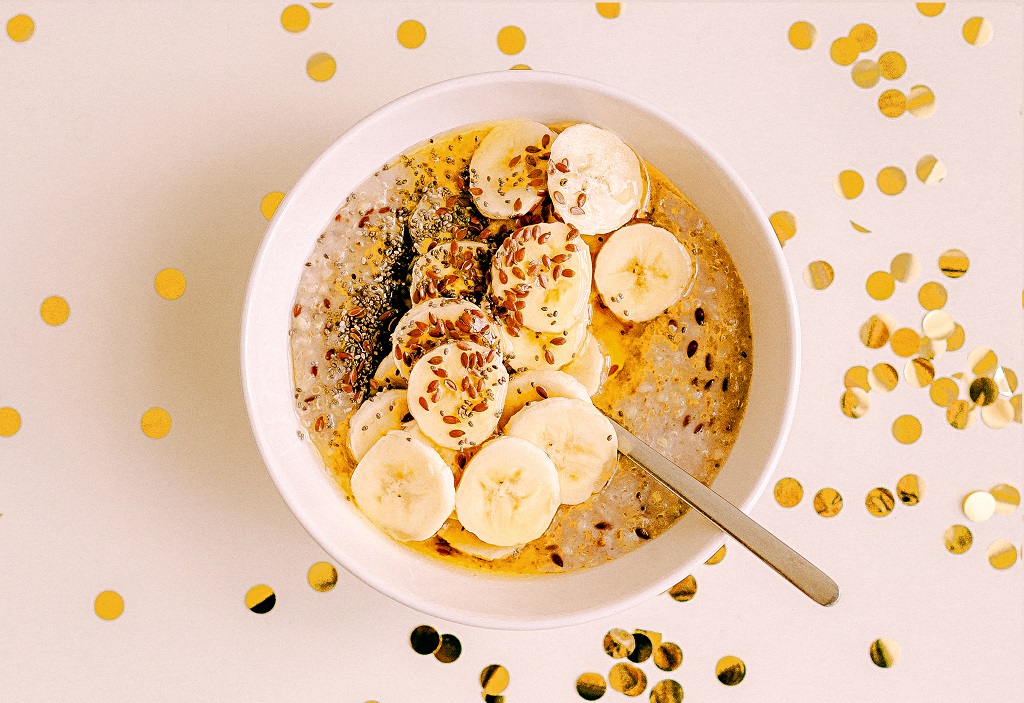
Now, looking at the post-workout meal, the one you want to eat as soon as possible. At this point, your muscles are just asking for good nutrition and everything you give them will be immediately used for tissue reconstruction and repair.
Again hold the fat out of the picture here. Your main goal is to increase your insulin levels (by increasing blood glucose) so that you can absorb these foods and carry them to muscle storage.
You need to get some good quality protein powder to provide the amino acids to rebuild and repair muscle tissue, and milk protein is the ideal choice. It is generated for fast digestion, so it will perfectly meet your needs for now.
Combine that with some simple carbs and some complex ones. So simple carbohydrates will increase your blood glucose levels, but complex carbohydrates will support you after that.
A good example would be a whole wheat donut with some jam or some bran cereal combined with sugary cereals. Or consider some brown rice and banana.
Everything will work very well to replenish muscle glycogen stores.
Here’s another helpful tip: Increase your calorie intake during training days DO NOT include post-exercise meals into your daily calorie count. This helps ensure that you consume about 25% more calories during the days when you exercise. The logic behind this technique is that intense training consumes a lot of calories and you will need to replace those lost calories to maintain a balance in your nutritional intake.
lastly, when it comes to your weight training after training, what matters is the quality of the foods you eat, not the quantity. Because your body needs the perfect recipe to rebuild the muscles torn or broken during exercise, you need to absorb about a quarter of what you eat each day to be your post-exercise meal. Make sure you include a good source of protein in this meal, as protein is the building blocks of muscle.
Conclusion
The key point to consider is the time you eat. It is advisable to eat within 1.5 hours before the post-exercise time. However, the sooner you have the ingredients for muscle repair, the sooner the rebuilding process begins. A good sports drink can be a good to start with. Basically, eat and don’t fear to get fat if you eat too much after training, this is because your body needs it! Remember workout diet plan can spell the difference between enhancing your body’s natural ability to build lean muscle and wasting the hours you spend at the gym.


